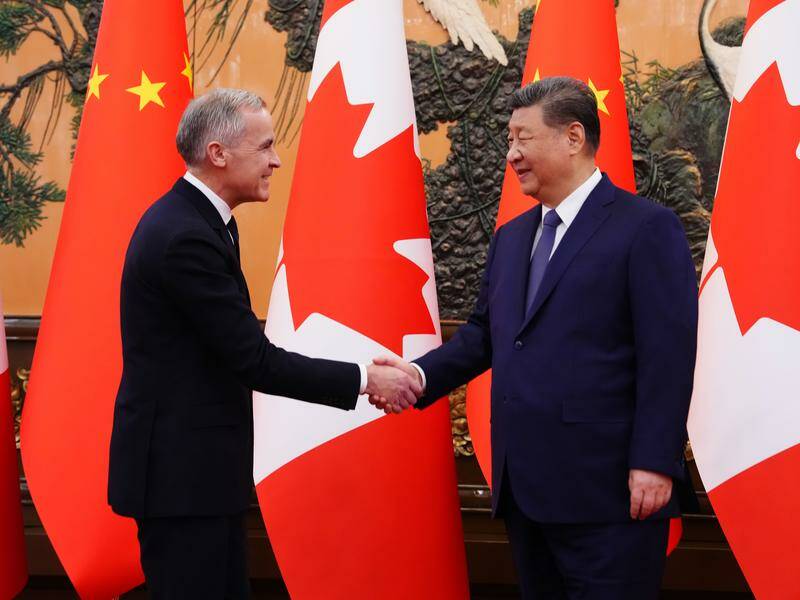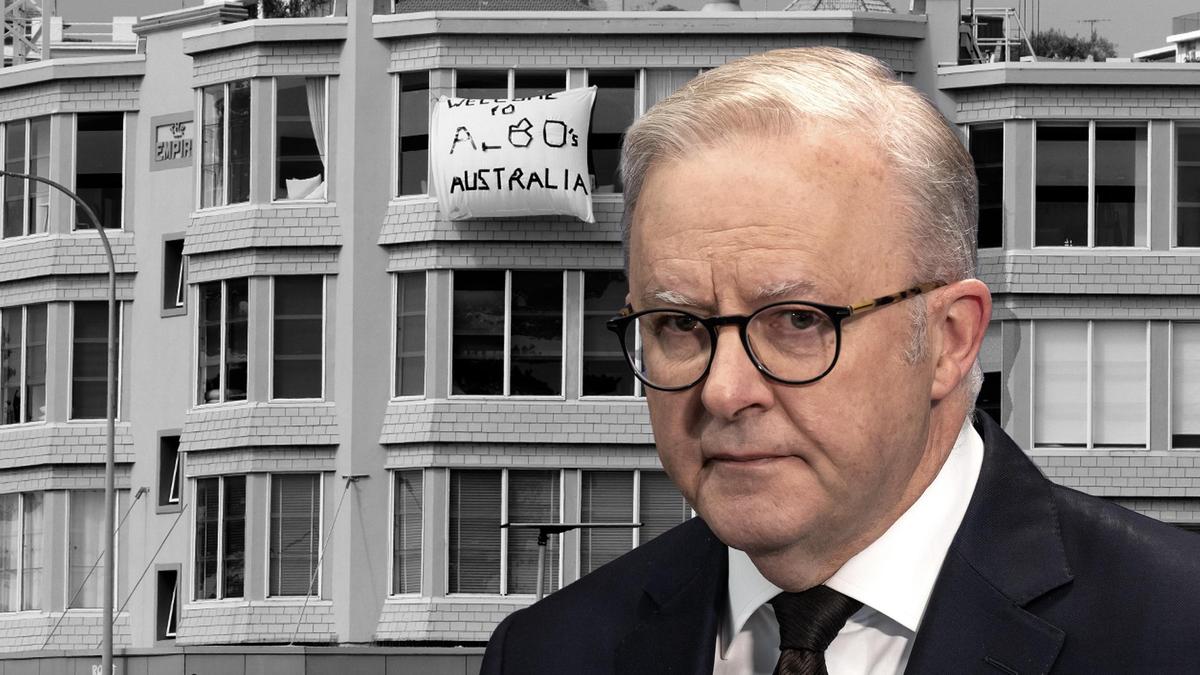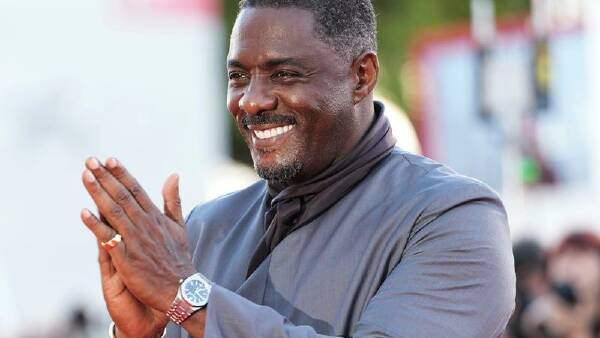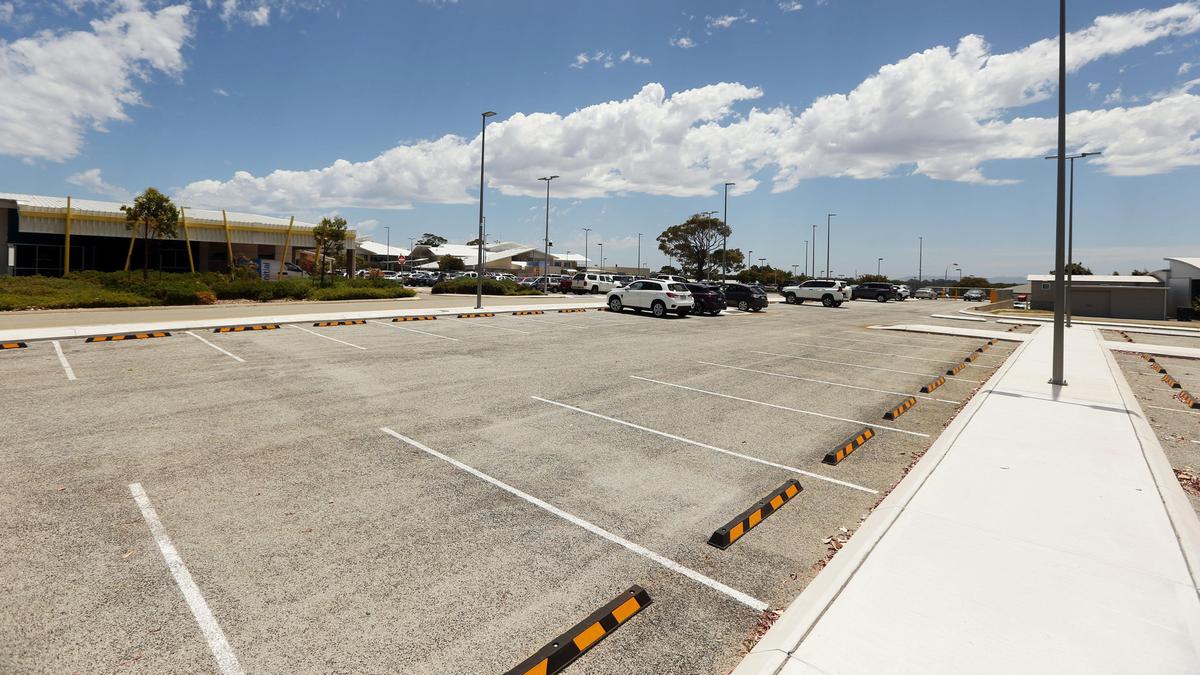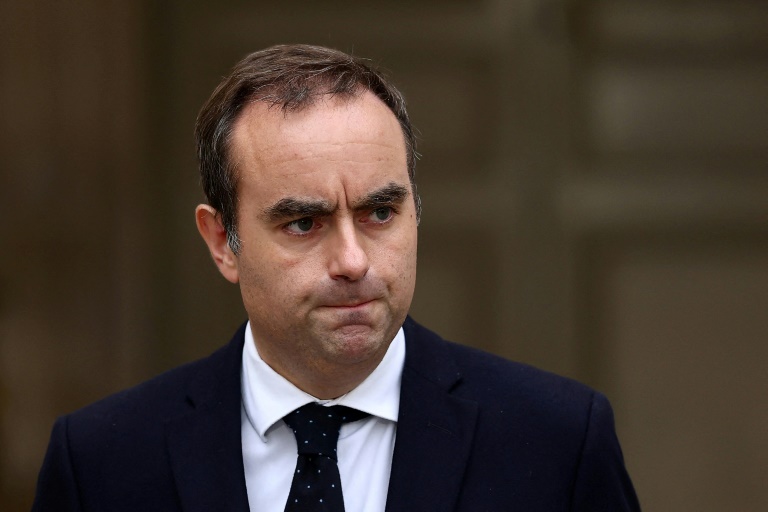
UPDATE: President Emmanuel Macron is under intense pressure from allies and opponents alike to resign, following a dramatic political upheaval in France. His former prime minister, Sebastien Lecornu, resigned on Monday, prompting urgent calls for Macron to take decisive action to resolve the ongoing political deadlock.
As of Tuesday evening, Macron is facing the worst domestic crisis of his presidency since taking office in 2017. The shock resignation of Lecornu, his seventh prime minister, has thrown the government into disarray, with Macron now racing against the clock to establish a sustainable coalition government. He has given Lecornu until Wednesday evening to negotiate a compromise, but skepticism surrounds the likelihood of success.
In a stark warning, former prime minister Edouard Philippe stated that presidential elections should be held early once the budget is passed, a comment described by Le Parisien as a “political bomb.” Philippe emphasized the need for Macron to facilitate an “orderly and dignified” exit from the crisis, declaring, “He must take the decision that is worthy of his function, which is to guarantee the continuity of the institutions by leaving in an orderly manner.”
The political landscape is heating up as Macron weighs his options. Should Lecornu’s negotiations fail, he may consider dissolving parliament and calling for snap legislative elections. This could potentially reshape the legislative makeup, but the timeline remains uncertain. Macron’s discussions with the speakers of both houses of parliament on Tuesday indicate he is preparing for all possibilities.
Criticism is mounting, even from within Macron’s own camp. Gabriel Attal, who briefly served as France’s youngest prime minister, expressed confusion over Macron’s decisions and called for a change after a series of new premiers. Despite his frustrations, Attal reassured lawmakers that he does not want Macron to resign.
Meanwhile, Marine Le Pen, leader of the far-right National Rally, has called for Macron’s resignation, stating it would be “wise” and insisting that snap legislative elections are “absolutely necessary.” Le Pen’s party declined Lecornu’s invitation for talks, accusing the government of prioritizing its interests over those of the French people.
The political turmoil follows Macron’s miscalculated decision to hold legislative elections in the summer of 2024, resulting in a hung parliament and a strengthened far-right presence. A scathing editorial from Le Monde described the crisis as a further unraveling of Macron’s second term, highlighting the growing isolation of the president.
Amid this chaos, Lecornu is scheduled to meet with various political factions from Tuesday afternoon to Wednesday morning in a last-ditch effort to break the impasse. The stakes are high as the next prime minister will need to secure support for a cost-cutting budget, with France’s public debt soaring to alarming levels.
The unfolding events pose crucial questions for France’s future. With the next presidential elections not due until 2027 and Macron barred from running, the political atmosphere is charged with uncertainty. The spotlight is now on Macron as he navigates this critical juncture, with the nation watching closely for potential developments.
As tensions rise, the urgency for a resolution grows. The outcome of this political crisis could have far-reaching implications for governance in France and the broader European political landscape.
